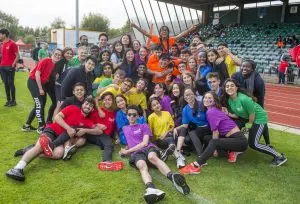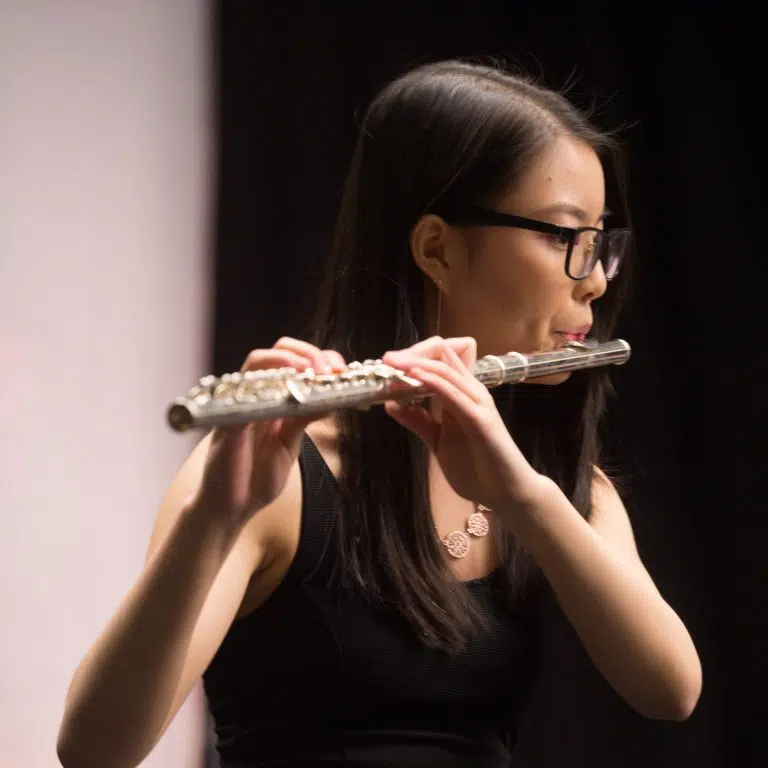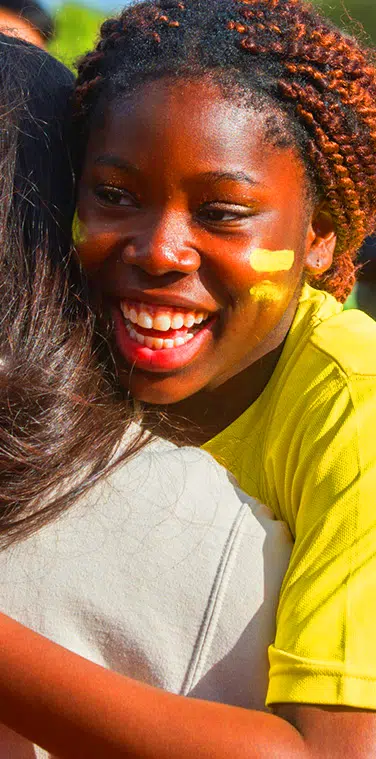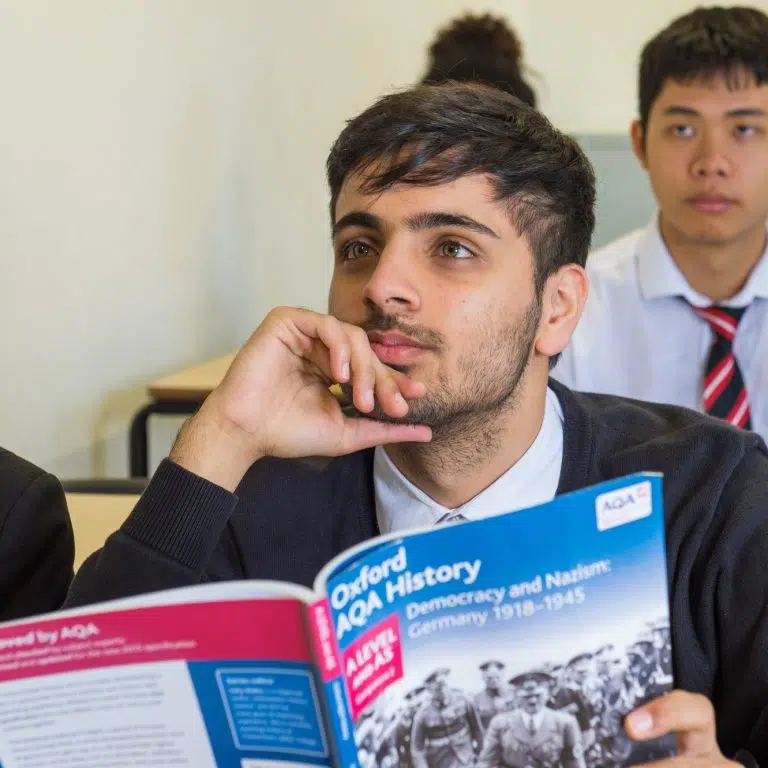Reading has been very much at the forefront of things this week at Cardiff Sixth Form College as we celebrated the 25th anniversary of World Book Day. We launched our new online library, Perlego, giving staff and students access to over 800,000 fiction and non-fiction texts. Our staff have also been highlighting their love of reading by sharing their recommendations on notice boards and whiteboards across the college. Our Community Officers also held a charity book sale this week to raise money for local and national charities.
This got me thinking not only about the act of reading (one of my favourite things to do) but about the book itself, arguably one of the most important objects in human history. No other single object has had such an impact on our lives; books are transformational, as is the act of reading itself.
Books have been a part of our lives since ancient times. Scrolls dating as far back as the 4th millenium BCE could be considered the first ‘books’. The world’s first printed book, the Diamond Sutra, however, was thought to have been created between the 2nd and 5th centuries CE. Printing went mainstream in the 15th century with Johannes Gutenberg’s invention of the printing press. In 1932, the American Foundation for the Blind recorded the first audiobooks. The future of books was transformed again with the first digitisation of texts by Project Gutenberg in 1971. And today, in 2022, over 2700 entirely new books are published every day and approximately 212 million books are sold in the UK each year across both digital and non-digital formats. The way we read continues to change but the significance of books themselves remains timeless.
Reading has always been one of the things I have valued most in my life. Some of my fondest memories involve books. I still remember the excitement of after-school adventures to the local library to discover faraway lands within the pages of the sea of books which lived there. I remember eagerly awaiting the arrival of the next book in whatever series I was currently obsessed with and then reading late into the night. I fondly recall my first A Level English Literature lesson, where my teacher took us to Troy and introduced us to a tragic Greek hero and the fall of a civilisation.
In childhood, reading was a solitary – yet magical – pastime as I escaped into lands such as Narnia, Lothlorien and Wonderland. In my teens and twenties, reading became about education and academic advancement. Multiple studies demonstrate that reading for pleasure makes a big difference to your educational performance. Reading makes you smarter, that’s no real surprise. Books helped me to expand my vocabulary, they allowed me to challenge myself intellectually and they encouraged my academic curiosity. Now, reading is about both. I read for entertainment, escapism and education: some books explain the world whilst others introduce me to new ones. I’ve also learned how special it is to share that love of reading with others.
Every year on December 24th, I give my loved ones an early Christmas gift. I don’t think you’ll be surprised, given the topic of this blog, that the gift I give is a book. This tradition was inspired by an Icelandic friend who shared with me the practice of Jolabokaflod – ‘the book flood’. Icelandic families give and receive books on Christmas Eve and spend the evening curled up reading. This tradition began in Iceland during World War II. Paper was one of the few commodities not rationed during the war, so Icelanders shared their love of books as other types of gifts were in short supply. There’s something deeply reassuring about this tradition in which families shun screens and share the joy of becoming lost in the written word.
Stories, whether fact or fiction, shape our past, present and future and those stories and histories are recorded in books. So I implore you to read broadly and with an open mind and then go and tell someone about it – pass on the story of your books and your reading. After all, as poet and activist, Muriel Rukeyser, aptly put it ‘The universe is full of stories, not atoms…’
I am currently reading:
The Mirror and the Light by Hilary Mantel
The Alchemist by Paolo Coelho
Through the Language Glass: Why the World Looks Different in Other Languages by Guy Deutscher
Miss Paula Downey, Deputy Head
Categories: Articles



